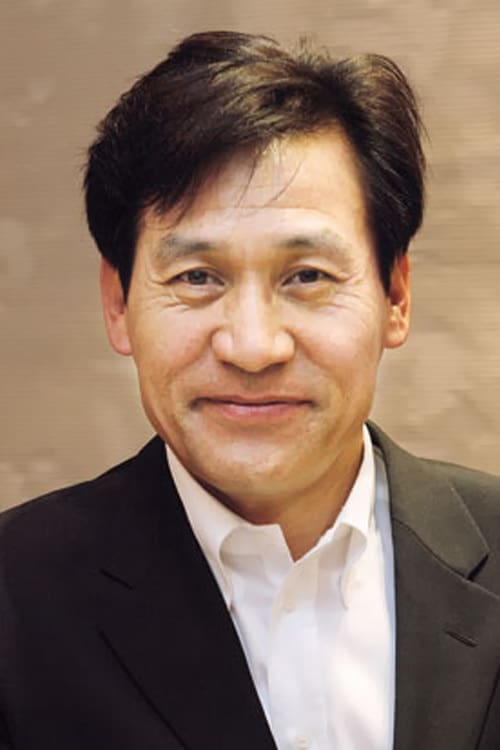
Ahn Sung-ki (Hangul: ???; born January 1, 1952) is a South Korean actor.
Gender: Male
Born On: 1-Jan-1952
Last Info Sync: 9/13/2018 2:46:00 PM
Ahn Sung-Ki's Filmography on TV
List of programs starring Ahn Sung-Ki on tv. Programs are sorted in order of last seen on tv. Last updated: Jan 19, 2025 6:29 AM
Last Knights (2015)
When an evil emperor executes their leader, his band of knights – bound by duty and honour – embarks on a journey of vengeance that will not come to an end until they've destroyed their mortal foe.
The Last Knights (2015)
When an evil emperor executes their leader, his band of knights – bound by duty and honour – embarks on a journey of vengeance that will not come to an end until they've destroyed their mortal foe.
The Tower (2012)
On Christmas Eve at Tower Sky, an ultra-luxurious building complex, a White Christmas party is held to dazzle its equally high-end tenants and VIP guests. Dae-ho, the manager of the building and singl
Sector 7 (2011)
In Sector 7, an underwater oil field located south of Jeju Island, Hae-jun is working as a marine equipment manager on an oil prospecting ship called Eclipse. Joining the crew later is Jeong-man, a former colleague of Hae-jun's father, assigned to Eclipse as captain. Though his job is to oversee the withdrawal of the ship, he suggests conducting some drilling one last time.
Arahan (2004)
Sang-hwan became a cop in order to help the downtrodden, but he doesn't get much respect. All that changes when he meets the Seven Masters.
Potere assoluto (2004)
Sang-hwan became a cop in order to help the downtrodden, but he doesn't get much respect. All that changes when he meets the Seven Masters.
Two Cops (1993)
An easy-going corrupt detective is partnered up with a younger, more idealistic detective. The two try to influence each other to become more like themselves but must cooperate when faced with a strange case.
Mandala (1981)
The film follows the differing lives of two Buddhist monks in Korea. By following their lives and their interaction throughout the film, Im creates a contemplation of the nature of individualism, religious belief and enlightenment.
